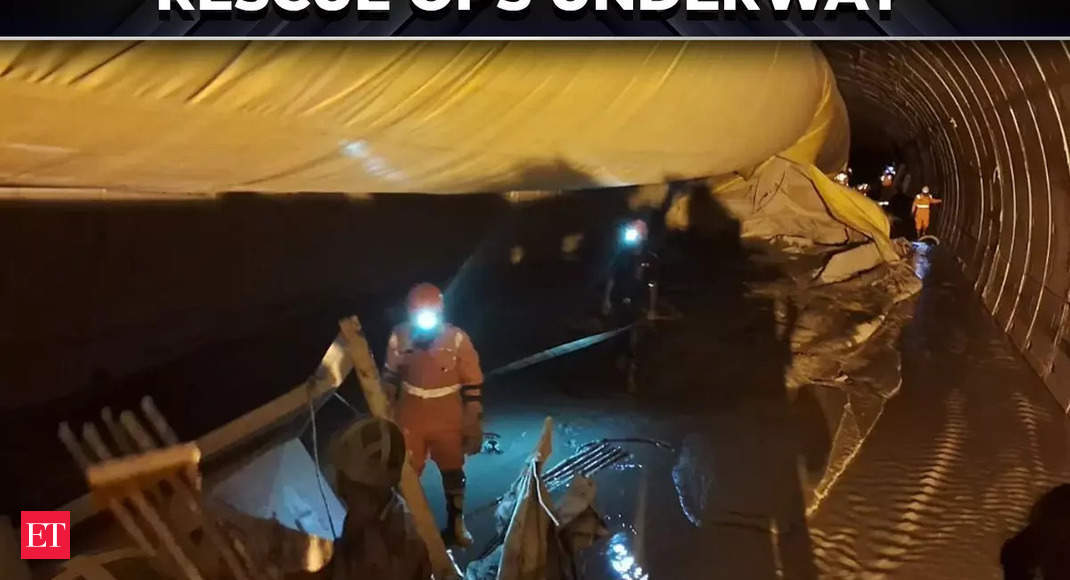The consecration of a Hindu temple in Ayodhya, the mythical birthplace of the god Ram, on January 22nd was a massive religious event in India. However, it also held political significance as it marked the unofficial start of Prime Minister Narendra Modi’s campaign for the upcoming general election. The event drew attendees from India’s corporate world, with business leaders flocking to pay tribute to Ram and show support for Modi. While some attended out of genuine appreciation for Modi’s economic policies, others came out of fear of government scrutiny. This mix of sentiment reflects the business world’s perspective on Modi’s leadership.
Under Modi’s tenure, India’s GDP has grown faster than many other large countries. Foreign direct investment has more than doubled, and the stock market has reached new heights. Some of this success can be attributed to efforts by Western firms to diversify their supply chains away from China. However, Modi’s policies, such as the national digital-ID scheme and the implementation of a national goods-and-services tax, have also played a significant role in India’s economic growth.
While economists debate the wisdom of protectionist measures, such as higher tariffs and production-linked incentives, business leaders appreciate these policies and fear the potential consequences if Modi’s Bharatiya Janata Party were to lose the election. Industrialists openly express their admiration for Modi, praising his leadership and his personal incorruptibility. They credit him for opening doors for Indian businesses abroad, strengthening ties with countries like the United States, Israel, Saudi Arabia, and the United Arab Emirates.
However, criticisms of Modi’s government are voiced more cautiously. Business leaders hesitate to openly criticize the government due to concerns of retribution. Some fear probes by government agencies or investigations into past financial matters, which could be challenging and expensive to defend against. Maintaining a good relationship with the government is seen as essential for cutting through bureaucracy and avoiding the mercy of officials.
There are also concerns over the future stability of Indian politics. With no clear successor to Modi, his eventual departure could lead to political instability that businesses prefer to avoid. Despite these concerns, prominent business figures remain silent, echoing each other’s praise for Modi and his government. However, the air of intolerance discourages open criticism, leaving businesses cautious about expressing their opinions.









